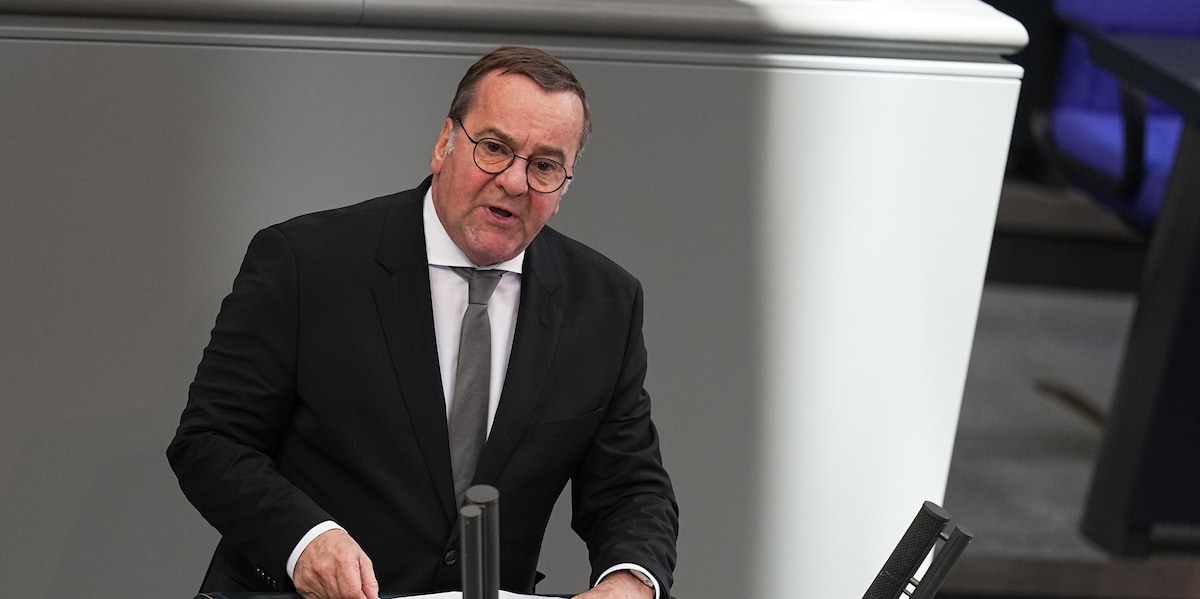FDP Thwarts Last-Minute Debt Surge: A Victory for Fiscal Responsibility?
The Free Democratic Party (FDP) has successfully blocked a last-minute attempt to increase national debt, marking a significant victory for fiscal conservatives and sparking debate about Germany's economic future. This late-night maneuver, which unfolded just hours before the budget deadline, highlights the ongoing tension between Germany's need for investment and its commitment to budgetary discipline.
The Details of the Debt Debate
The proposed debt increase, totaling €X billion (replace X with the actual amount), aimed to fund several key initiatives, including:
- Increased investment in renewable energy infrastructure: Proponents argued this was crucial for achieving Germany's climate goals and fostering economic growth in the green sector.
- Expansion of social welfare programs: Supporters highlighted the need to address rising poverty and inequality, emphasizing the social safety net.
- Infrastructure projects: The plan included funding for road, rail, and digital infrastructure upgrades, vital for modernizing Germany's economy.
However, the FDP, a key member of the governing coalition, vehemently opposed the proposal, citing concerns about rising inflation and the long-term sustainability of Germany's public finances. Their arguments centered on the need for fiscal responsibility and a balanced budget. The party argued that the proposed spending lacked sufficient detail and oversight, potentially leading to wasteful expenditure.
FDP's Strategic Maneuver and Coalition Tensions
The FDP's successful block was a carefully orchestrated maneuver. They leveraged their position within the coalition to negotiate concessions and ultimately prevent the debt increase from passing. This move has exposed underlying tensions within the governing coalition, highlighting differing perspectives on economic policy. Some analysts suggest this could lead to increased instability in the government.
The Economic Implications and Public Reaction
The FDP's action has significant implications for Germany's economic outlook. While some fear a slowdown in crucial investment projects, others praise the move as a necessary safeguard against unsustainable debt levels. The public reaction has been divided, reflecting the complex economic realities faced by Germany.
- Supporters of the FDP's stance point to the risks of unchecked government spending, emphasizing the need for long-term fiscal health. They highlight the importance of maintaining Germany's strong credit rating.
- Critics argue the FDP's actions prioritize fiscal austerity over necessary investments in crucial sectors, potentially hindering economic growth and exacerbating social inequalities. They express concern about the potential negative consequences for jobs and public services.
Looking Ahead: Finding a Balance Between Growth and Fiscal Responsibility
The current situation underscores the delicate balance Germany must strike between economic growth and fiscal responsibility. The coming weeks and months will be crucial in determining how the government addresses the funding needs of key initiatives while maintaining fiscal discipline. Negotiations are likely to intensify, with compromises needed to find a sustainable solution.
Further Reading:
Call to Action: What are your thoughts on the FDP's actions? Share your opinion in the comments section below. Let's discuss the future of German economic policy.
